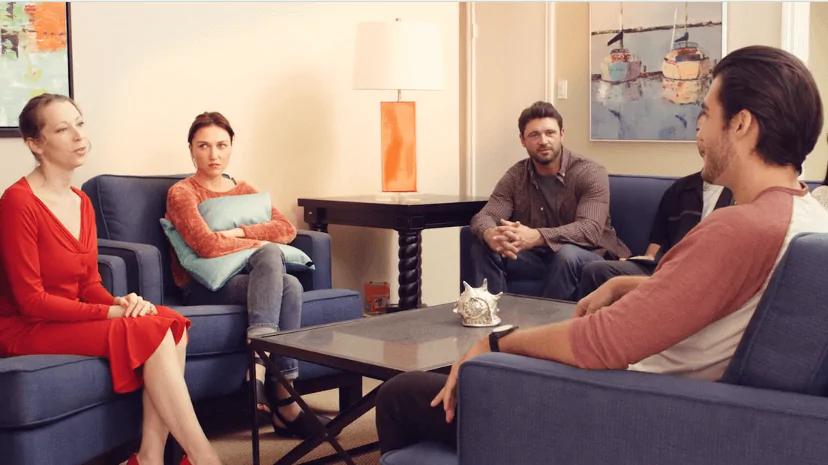24/7 Helpline:
(866) 899-221924/7 Helpline:
(866) 899-2219
Learn more about Depression Treatment centers in Point Marion
Depression Treatment in Other Cities

Other Insurance Options

BlueShield

Covered California

AllWell

Multiplan

UMR

Private insurance

Meritain

Horizon Healthcare Service

Amerigroup

EmblemHealth
Beacon

Oxford

Sliding scale payment assistance

Magellan

Ambetter

UnitedHealth Group

Cigna

ComPsych

BlueCross

Evernorth















